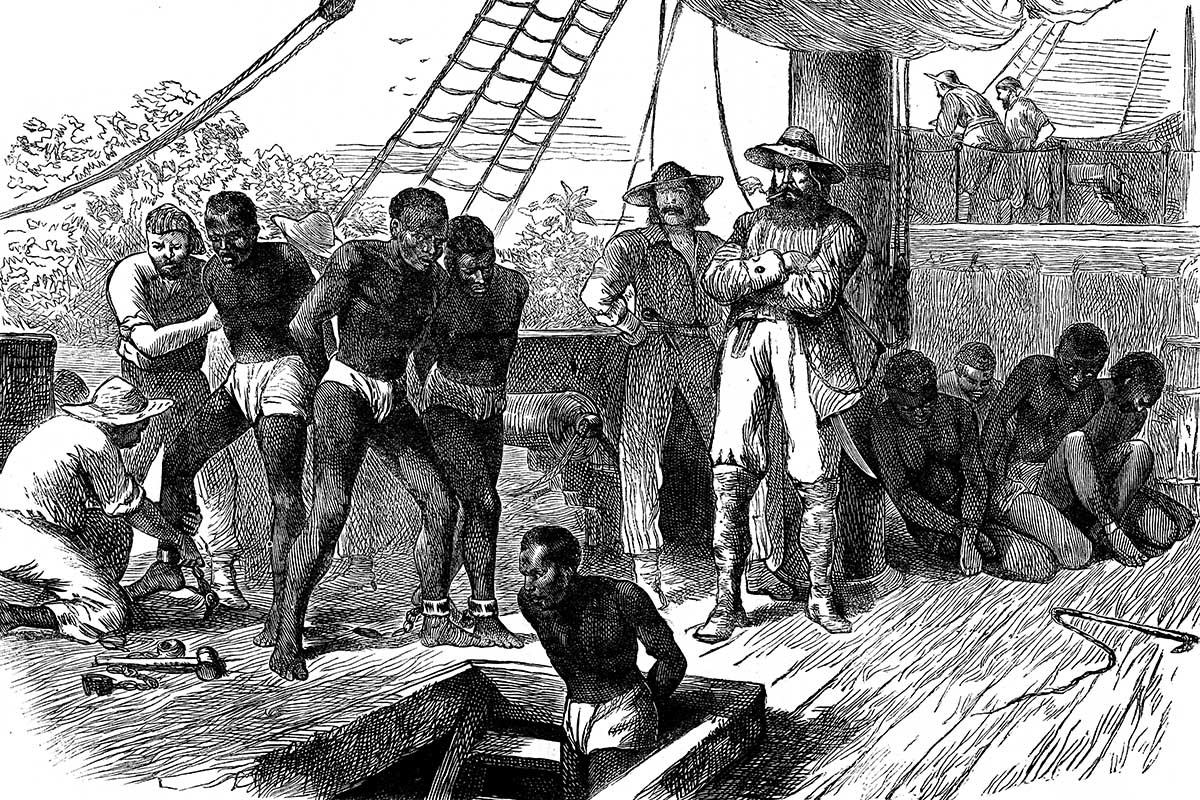“Keshi gone and a football legend is lost!”
August 4th, 2016 A football coach who inspired remarkable achievement in face of tough odds is being mourned by sports fans, writes Commonwealth Correspondent Michael Gyekye, 23, from Ghana, who pays tribute to the leadership of “Big Boss”.
A football coach who inspired remarkable achievement in face of tough odds is being mourned by sports fans, writes Commonwealth Correspondent Michael Gyekye, 23, from Ghana, who pays tribute to the leadership of “Big Boss”.
Sports fans in Africa, especially West Africa, had barely recovered from the grief of the passing of the iconic Mohammed Ali, when they were struck with yet another tragedy.
Former coach of the Nigerian senior men’s national football team, the Super Eagles, Stephen Keshi, was reported dead. He died of cardiac arrest, aged 54. Sadder, this was only months after the passing of his wife.
Regarded the most successful Black African coach, Stephen Keshi secured qualification to the FIFA World Cup for two African countries. He is the only indigenous Black African coach to have ever accomplished that distinctive feat. He led Nigeria as a coach to qualify for the tournament in Brazil in 2014, and eight years earlier, did same with an unfancied Togolese side for the tournament in Germany. At the last FIFA World Cup a couple of years ago, Keshi became the first and only black person so far to have coached a side in the knock out phase of the competition, after helping Nigeria to advance from the group stage.
A year before the Brazil 2014 FIFA World Cup, Keshi guided Nigeria to ultimate victory in the African Cup of Nations, one year shy of the 20th anniversary of his captaining the same side to similar continental glory.
As a player with Anderlecht, Keshi also won important silverware with the Belgian side.
These sterling accomplishments explain the pre-eminence in African football of the man who is affectionately called Big Boss.
He was a gritty character who often accomplished remarkable feats in spite of great odds and sometimes amid adversity.
Though his critics regarded his accomplishments, especially in his coaching career, as indisputably solid, they however found his abrasiveness, loquacity and controversial (to his fans, rather principled) management style, as some grievous personal flaws.
Right to an extent, such reservations however seem to miss the special backdrop of managing national football teams in West Africa and the probable inevitability of such a tough posture for success.
In the West African sub-region, which is an enclave of highly enthusiastic football fans, huge expectations are demanded of national football teams and immense pressure piled on the teams, their officials and players, to deliver. Failure to deliver expected results has sometimes led to arsonist attacks on the properties of the players, and sustained verbal assaults on both players and team officials. As history even has it, once the players of a national football team that performed abysmally in one competition were publicly flogged on return home!
Curiously, despite this huge demand for success from national football teams in West Africa, administrators of the national teams, coaches and players, not infrequently confront some of the harshest conditions in preparing for tournaments. Administrative shenanigans over player allowances, poor training facilities and disheartening travel arrangements for teams are just a handful of the regular challenges faced.
Consequently, in such a challenging work environment, from which fans nonetheless expect teams to put up world class displays and constantly challenge for major honours, the bemoaned traits of Keshi may rather be the indispensable arsenal for frontally confronting the many administrative bottlenecks, inexorable public and press harangues, for fighting to maintain focus on the job and also for pushing for improved operating conditions to enable delivery of expected outcomes.
At least partial evidence of the utility of the style of the Big Boss comes from the fact that, ultimately, the results he produced helped to thrust him to the ranks of the very tiny few individuals who could brave such remarkable impediments, and in his case, repeatedly snatch awe-inspiring successes from the jaws of bewildering impossibilities.
For this inspiring legacy, I couldn’t agree more with Sunday Oliseh, Keshi’s former Super Eagles deputy coach and later his successor, that with the demise of Keshi, indeed, ‘‘an iconic hero’’ has been lost.
This article first appeared in http://whatsonafrica.org/
Photo credit: You know how to whistle, don’t you? via photopin (license)
…………………………………………………………………………………………………………………
About me: I aspire to be a communications, management and policy development consultant. I am a graduate of B. A Political Studies from the Kwame Nkrumah University of Science and Technology, Ghana. I am especially interested in politics, business, technology and sports. I love to read, write, facilitate programs, offer analytical commentary and travel.
Reach me on Facebook at Michael Adu Gyekye
…………………………………………………………………………………………………………………
Opinions expressed in this article are those of the author and do not necessarily represent the views of the Commonwealth Youth Programme. Articles are published in a spirit of dialogue, respect and understanding. If you disagree, why not submit a response?
To learn more about becoming a Commonwealth Correspondent please visit: http://www.yourcommonwealth.org/submit-articles/
…………………………………………………………………………………………………………………




